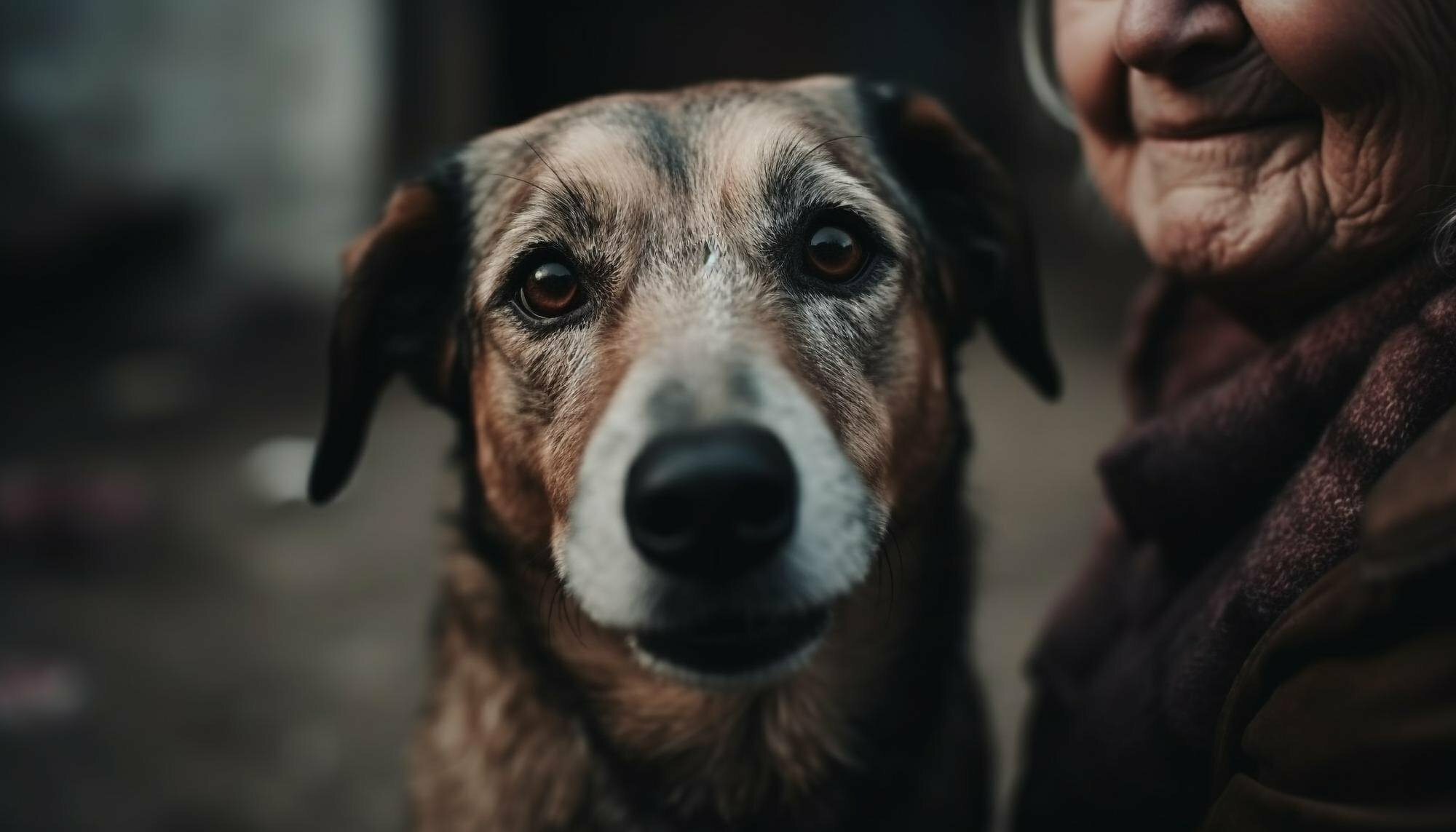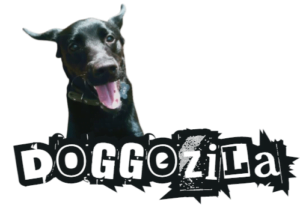Dogs have been cherished companions to humans for centuries, providing love, loyalty, and unwavering companionship. As responsible dog owners, it is our duty to ensure that our furry friends lead happy, healthy lives throughout their journey from puppyhood to their golden years. Check HOW TO TAKE CARE OF YOUR DOG TO SENIOR YEARS!

PREPARING FOR NEW PUPPY
This comprehensive guide aims to equip you with the knowledge and tools needed to provide the best care for your dog at every stage of their life. Read this article how to take care of your dog to senior years!
Puppy-Proofing Your Home
Bringing a new puppy into your home is an occasion to remember. This section will help you navigate the challenges and joys of puppyhood. Caring for a dog throughout its life stages is a rewarding journey that requires tailored attention and evolving care strategies.
Understanding the distinct needs of a dog at different life phases is essential for ensuring their health, happiness, and overall well-being. This extensive guide aims to provide detailed insights and guidance for pet owners, covering the care essentials from the exuberance of puppyhood to the wisdom of their senior years.
Choosing the Right Breed
Identify potential hazards in your home. Secure electrical cords, chemicals, and small objects. Create a safe space for your puppy to explore. Research different breeds and their temperaments. Consider your lifestyle and living situation. Adopt or purchase from reputable breeders or shelters.
Puppyhood: Establishing the Foundations
Puppyhood marks the early developmental stage when a dog learns and grows rapidly, forming the groundwork for a healthy and well-adjusted life. Caring for a puppy involves several key aspects, including nutrition, socialization, vaccinations, and training. Providing a nutritious diet, socializing your puppy with people and other animals, ensuring necessary vaccinations, and commencing basic training are crucial in the early stages.
Puppy Care Essentials, House Training and Behavior
Caring for a new puppy involves several crucial elements, including nutrition, socialization, vaccinations, and initial training. Providing a nutritious and balanced diet, socializing with people and other animals, administering necessary vaccinations, and commencing basic obedience training are pivotal in a puppy’s early life. Implementing consistent house training methods and teaching fundamental commands contribute to shaping a puppy’s behavior and promoting a strong bond between the dog and its owner.

PUPPY CARE: MAINTAINING HEALTH AND VITALITY
Puppies require special care and attention as they grow and develop.
Nutrition and Feeding Schedules
Understand your puppy’s nutritional needs. Choose the right puppy food. Establish a feeding schedule.
Proper nutrition tailored to the dog’s age and breed, coupled with regular exercise, are essential for ensuring the dog’s health and vitality in their adult years.
Housebreaking and Crate Training
Learn effective housebreaking techniques. Introduce your puppy to crate training. Foster a positive relationship with their crate. Implementing consistent house training methods and teaching fundamental commands contribute to shaping a puppy’s behavior and promoting a strong bond between the dog and its owner.
Essential Vaccinations and Preventive Care
Schedule vaccinations and deworming. Discuss heartworm and flea prevention with your vet. Begin socializing your puppy to new people and environments. Regular veterinary check-ups, up-to-date vaccinations, parasite prevention, and dental care are critical components of ensuring an adult dog’s overall well-being.

ADOLESCENT AND ADULT DOG CARE
As your puppy grows, their needs change. This section addresses the unique requirements of adolescent and adult dogs.
Exercise and Mental Stimulation for Adolescent and Adult Dogs
Provide daily exercise for a healthy body and mind. Engage in interactive play and games. Consider agility training for a mentally challenging activity. Providing a balanced diet suitable for the dog’s age and breed, along with regular exercise, is vital in maintaining their overall health and vitality. Regular veterinary check-ups, vaccinations, parasite prevention, and dental care are crucial for maintaining a dog’s well-being during their adult years.
Transitioning to Adult Dog Food
Understand when to transition to adult dog food. Choose high-quality commercial dog food or explore homemade options. Establish a consistent feeding routine. Adjusting the diet to meet the changing needs of senior dogs, including joint support and monitoring for age-related health issues, becomes crucial for their well-being.

DOG TRAINING AND SOCIALIZATION
A well-trained and socialized dog is a happy and well-adjusted member of the family.
Effective Dog Training Techniques
Explore positive reinforcement training. Teach your dog commands like sit, stay, and come. Address behavioral issues with patience and consistency. Supporting cognitive health through mental stimulation and maintaining the dog’s physical comfort with appropriate bedding, gentle exercise, and arthritis management becomes imperative during their senior years.
Early Dog Socialization
Introduce your dog to other people, animals, and new environments.Build their confidence through positive social experiences. Attend puppy training classes for structured socialization. Building a strong emotional bond and spending quality time with your dog is crucial at every life stage, fostering a sense of companionship and trust.
Nutrition and Diet for Adult Dogs
Proper nutrition is key to a healthy adult dog’s life. Understand the nutritional requirements of adult dogs. Consider breed-specific dietary needs. Provide a balanced diet that includes proteins, carbohydrates, and fats. Avoid overfeeding by following recommended portion sizes. Establish regular feeding times. Monitor your dog’s weight and adjust their diet as needed. Caring for a dog throughout its life journey encompasses a range of considerations, from meeting their basic needs to providing specialized care tailored to their age and developmental stage.
Senior Dog Care
As dogs age, their care needs change once again. This section addresses the unique challenges of senior dog care. Recognize common health issues in senior dogs. Discuss joint health, arthritis, and pain management with your vet. Ensure your senior dog is comfortable and pain-free. Make your home more senior-friendly by adding ramps and non-slip surfaces.
Adjust exercise routines to accommodate your senior dog’s reduced mobility. Provide comfortable bedding and warmth. By understanding and adapting to a dog’s changing requirements as they progress through their life stages, pet owners can ensure their canine companions receive the optimal care and support they need, nurturing a lasting and meaningful relationship between pet and owner.

COMMON DOG HEALTH ISSUES AND PREVENTIVE CARE
Understanding common health issues and preventive care measures is crucial for your dog’s well-being.
Common Health Problems in Dogs
Identify common health problems and their symptoms. Understand the importance of early detection and treatment. Schedule regular vet check-ups for preventive care. Parasite Control, Dental Care, and Grooming are really important to be monitored through the dog’s life! Implement parasite control measures, including flea and tick prevention. Maintain your dog’s dental health through regular brushing. Groom your dog to prevent matting and skin issues. Regular grooming practices, such as brushing, bathing, nail trimming, and dental care, are vital for maintaining a dog’s overall hygiene at every life stage.
Dog Exercise and Mental Stimulation
Exercise and mental stimulation are vital for your dog’s physical and mental health. Prioritize daily exercise to prevent obesity and boredom. Explore different types of exercise, such as walks, hikes, and fetch. Consider engaging in canine sports like agility or obedience training. Stimulate your dog’s mind with interactive toys and puzzles.
Teach new tricks and commands to challenge their intelligence. Provide a variety of sensory experiences during walks and outings. Recognizing the specific needs of dogs at each life stage and addressing those needs with tailored care and attention is pivotal in ensuring that a dog lives a healthy, happy, and fulfilling life alongside its owner.
Responsible Dog Ownership and Legal Considerations
Being a responsible dog owner means understanding legal obligations and ethical considerations. Comply with local dog ownership regulations, including licensing and leash laws. Ensure your dog’s identification through microchipping and tags. Respect the rights of neighbors and the community. Consider the ethical implications of breeding and spaying/neutering. Support animal shelters and adoption efforts. Promote responsible breeding practices and animal welfare.

TRAVELING WITH YOUR DOG
Including your dog in your travels can be rewarding, but it requires careful planning.
Tips for Traveling with Your Dog
- Prepare your dog for travel through training and exposure.
- Explore pet-friendly accommodations and transportation options.
- Create a checklist for a safe and enjoyable journey.
Grief and End-of-Life Care
Coping with the loss of a beloved pet is a challenging part of dog ownership. Seek emotional support during difficult times. Understand the stages of grief. Consider memorializing your dog’s life in a meaningful way. Discuss end-of-life decisions with your vet. Explore hospice care options for a comfortable transition. Make informed decisions regarding euthanasia with compassion and love.
Dog Care Guide: Supporting Your Dog Through their Senior Years
Your dog’s journey through life is filled with love, joy, and companionship. By understanding their unique needs at every stage, you can ensure they live their best, healthiest lives. Remember, being a responsible dog owner is a lifelong commitment that brings immeasurable rewards. Caring for a dog through their life stages involves a range of considerations, from their basic needs to specialized care tailored to their age. Understanding and adapting to your dog’s changing requirements throughout their life is fundamental to ensuring their well-being and happiness.
By following these comprehensive guidelines for puppyhood, adult years, and senior life stages, pet owners can provide their canine companions with the optimal care and support they need, fostering a strong and enduring relationship between pet and owner. Recognizing the specific needs of dogs at each life stage, from their playful beginnings to their later years, and addressing those needs with appropriate care and attention, ensures that your dog enjoys a healthy and fulfilling life by your side.
CLICK ON THE DOG BADGE BELOW TO OPEN
THE DOG AGE CALCULATOR



